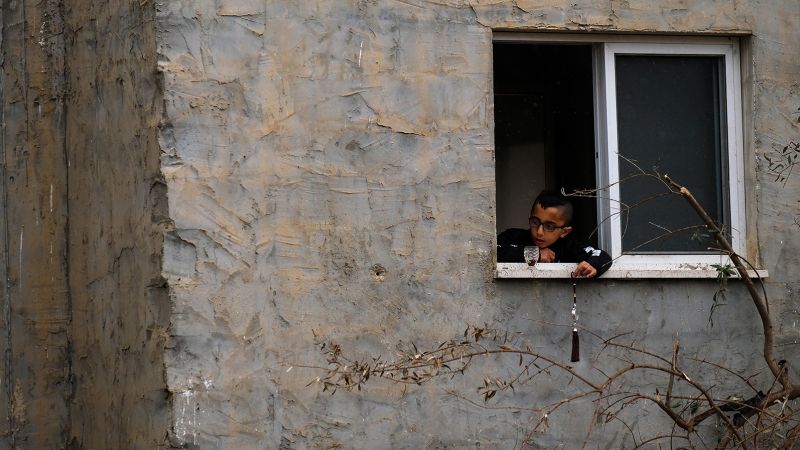European Turks and European Union Membership
It is also obvious that this effort at least must be made in the European capitals as much as in Ankara. What the state has performed in Diyarbakir is as important as what Turks have done in Berlin, Paris, London and Rome.
At present, the success, productivity and behaviors of Turks who are EU citizens, also serve as a guarantee for Turkey’s membership. Because membership depends not only upon state planning but also upon individual planning, and a Turkey to be an EU member means 70 million Turks of Turkey would become members of the Union along with it.
It’s not that we cannot be European. It could be said that we have gone above and beyond the requirements. The reality is that we are not being Europeanized. We are experiencing a phenomenon that we may call ‘Turkish ghettoism.’ European Turks do not live in Europe. This manifests itself in the Turkish districts that appear in a space of the city’s geography, in being consoled by tales of returning and also in rejecting living in Europe.
Ethnic neighborhoodness is one of the most dominant defense mechanisms of immigrated societies. As it is presumed, ‘austlanders’ don’t do this solely to protect their culture.
This at the same time facilitates the struggle against the socio-political process of the host ‘foreign’ culture. The experiences in the bureaucratic and judicial processes of those who came first appeals to those who come later.
Therefore, patrimonial structures, left behind in the motherland, are re-established. Being a ‘master or sheikh of the land,’ the foundation established there on the ownership of religious position, is constructed here as knowing the language (the language of law, politics, culture in addition to spoken language) and the ability to complete the work.
Although immigration is beneficial to overcome the problems of the early period, the ethnic district setting causes a detachment from the culture and city arena of the host country.
A majority of Turks who live in Europe are distant from the daily problems of the countries in which they live, and are more aware of the going-ons in their villages in Turkey.
Moreover, a geographical situation of ‘not being there’ has been formed by the ‘other host’ of the city who keeps away from the residential areas. Of course, Turks accumulated in certain neighborhoods take over the image of those areas automatically.
The mental prolongation of the situation of ‘not being in Europe’ is the tale of ‘return.’ This tale results in not dealing with the problems of the country of residence.
Rather than opening schools, study centers, youth clubs in the city he/she lives in, the European Turks prefer to build mosques in their villages in Turkey. And then they suffer for their lost children.
‘Dogmas that reemerge’ from conception to the time slot in Europe are much more important than the jurisdiction norms. That is true, Turks are a contingent dependable on the law of Turkey.
He/she pays taxes to Turkey. He/she makes money transfers through banks in Turkey. He/she pays parking fines to Turkey. During the times that he/she is not in Turkey, because he/she is nowhere (or he/she is not aware of his/her country of residence) he/she does not depend on any law.
As soon as possible, the European Turks have to abandon the concept of ‘not being in Europe,’ that I attempted to indicate with its sharp edges. We are here and we will stay here. And the time is long overdue to build our graves here as well.
When we become aware that we are in Europe, then we would open the road for Turkey’s accession to the EU as well. In the opposite case, even if Turkey is admitted to the EU, it would not go any further than being the ghetto of 70 million European Turks.



